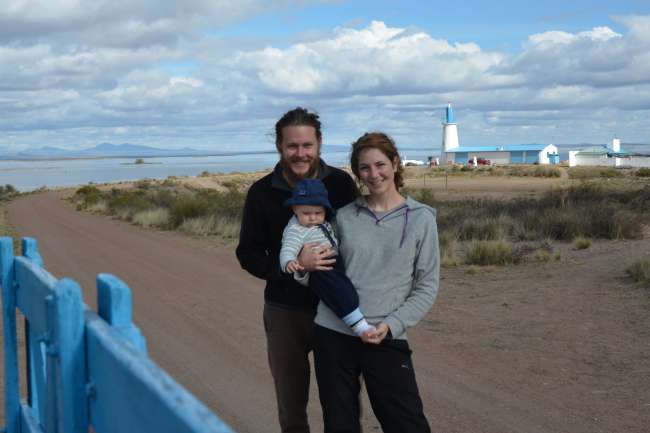Argentina Part I (Entre Los Rios, San Rafael, Ischigualasto and Chilecito)
Publicatu: 24.06.2017
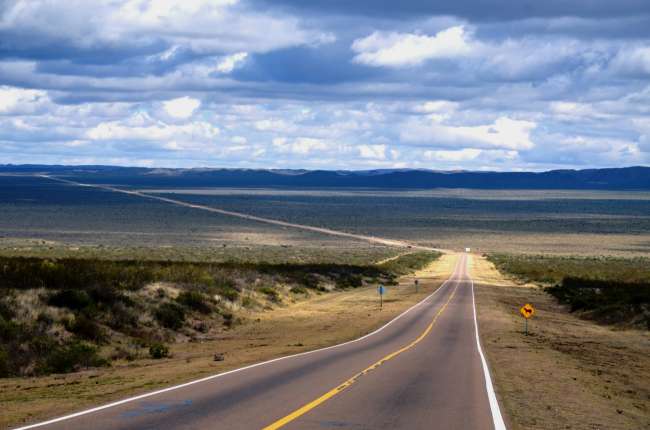
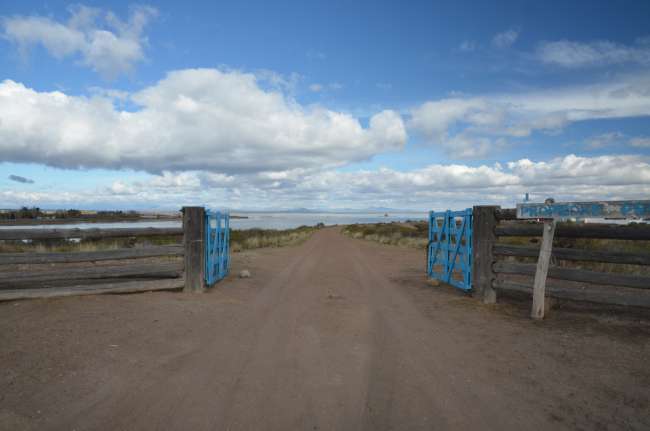
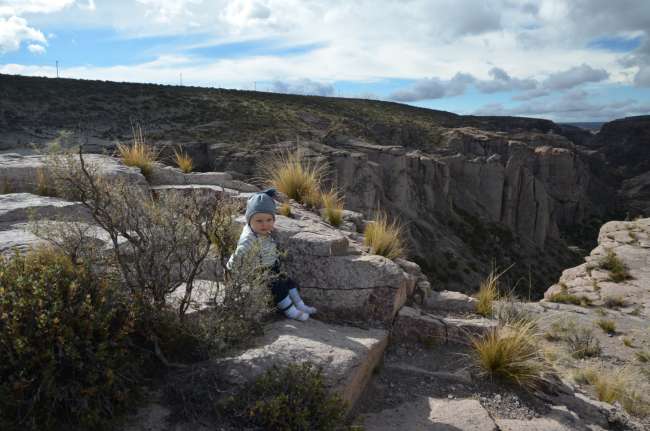
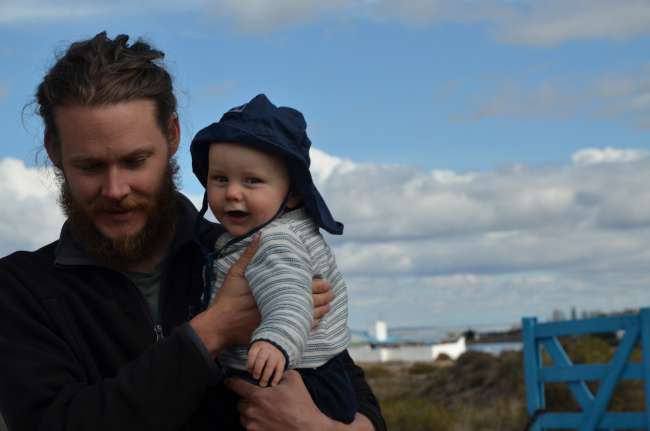
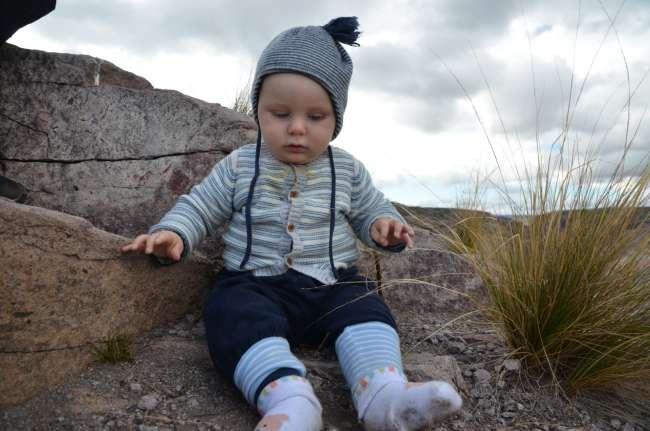
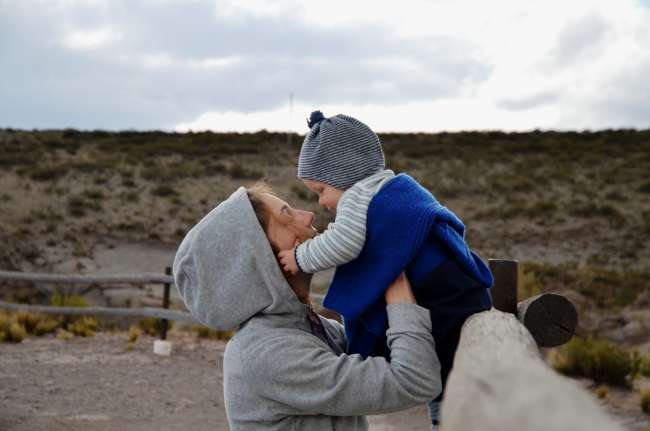
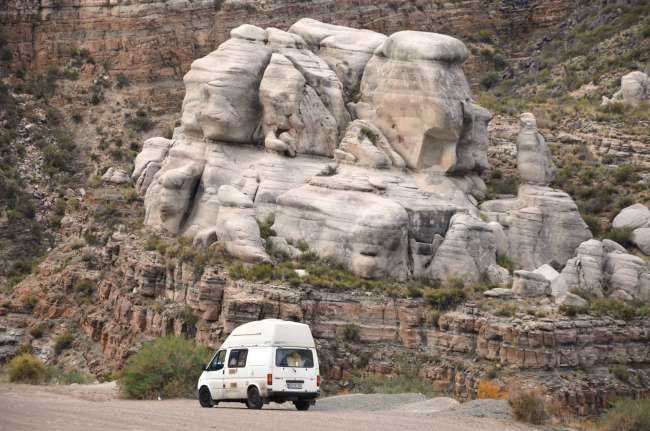
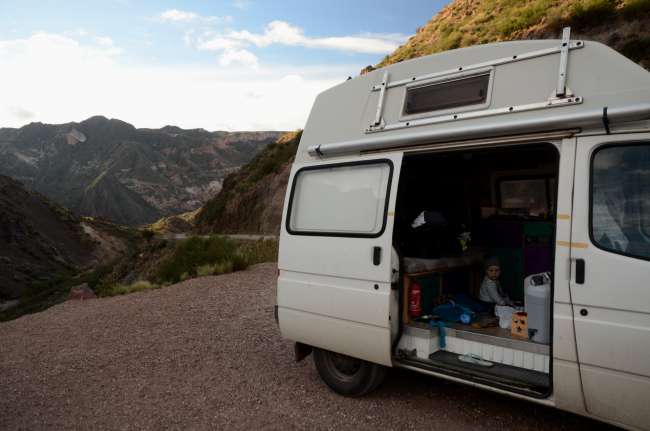
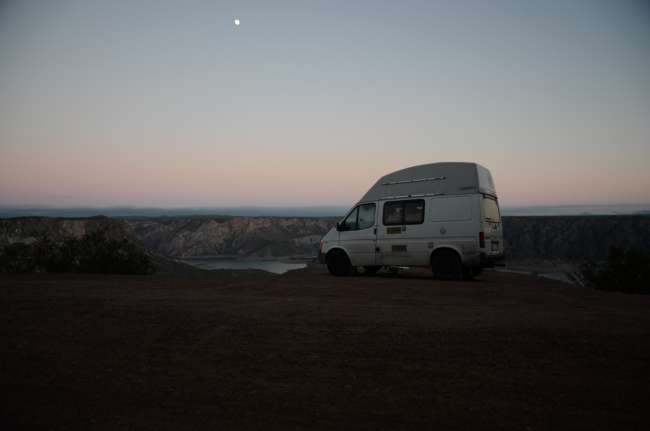
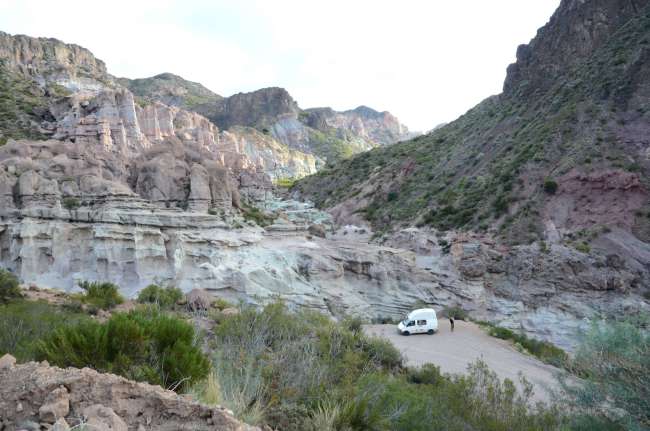
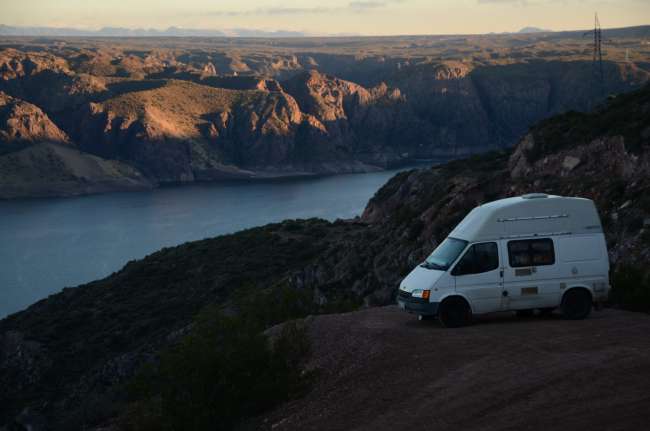
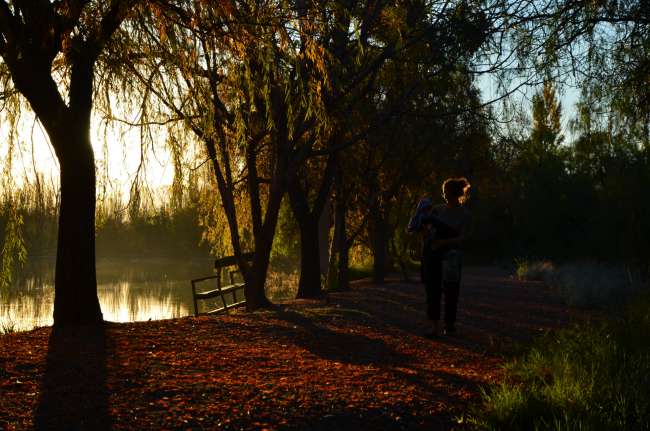
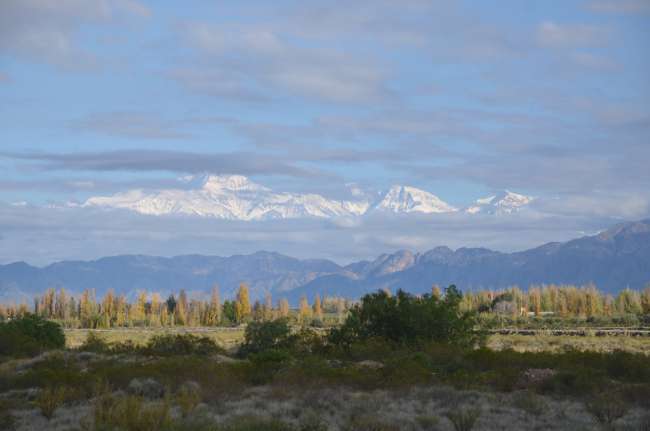
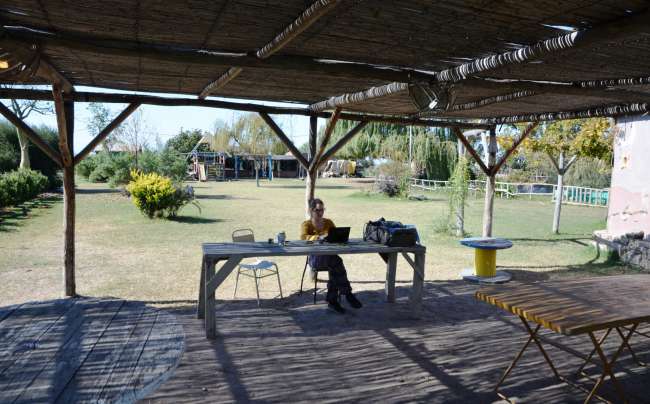
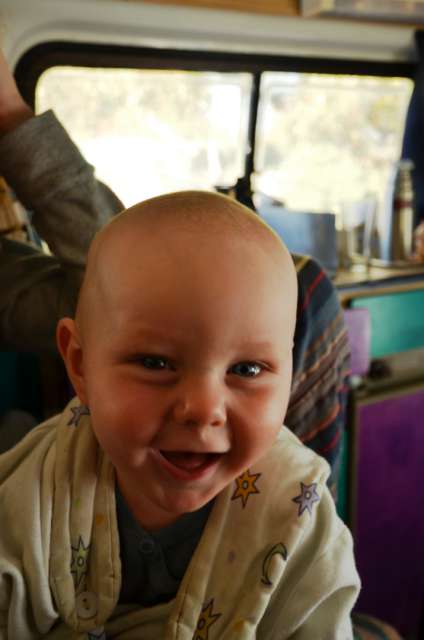
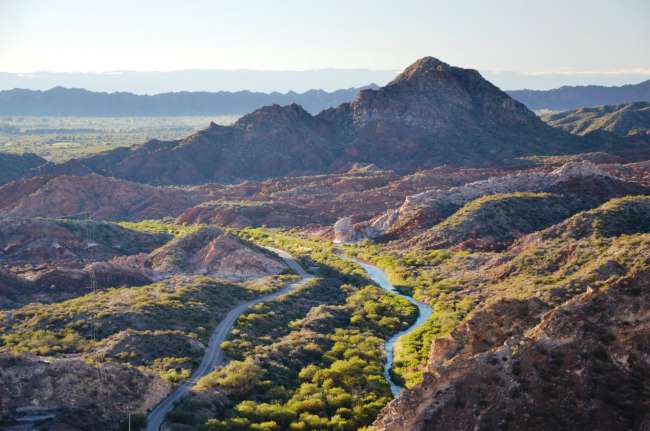
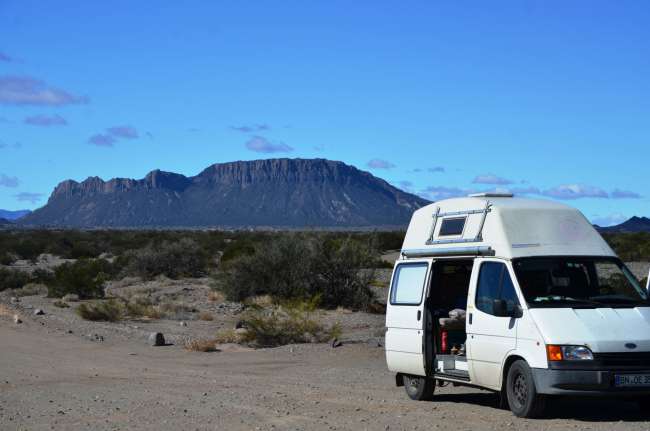
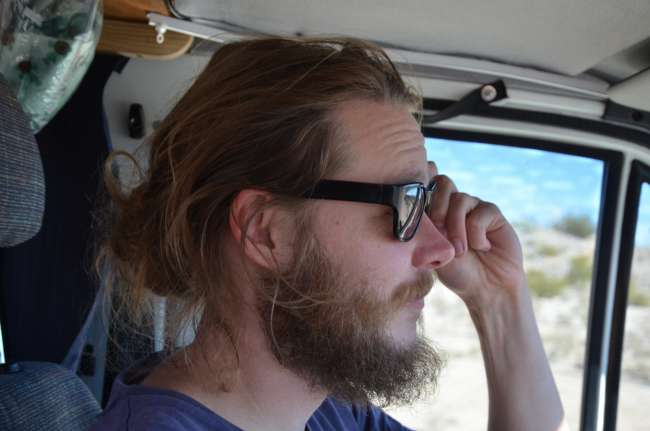
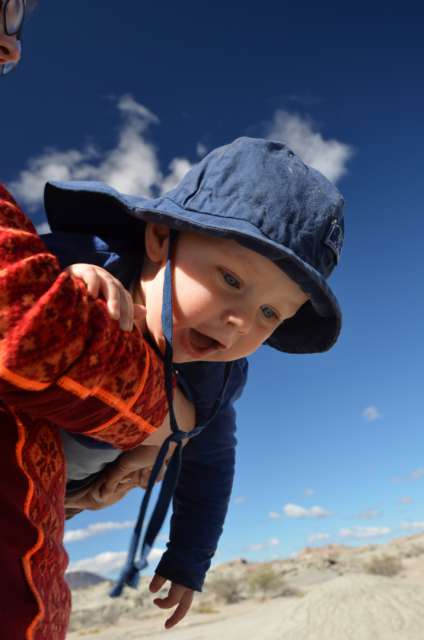
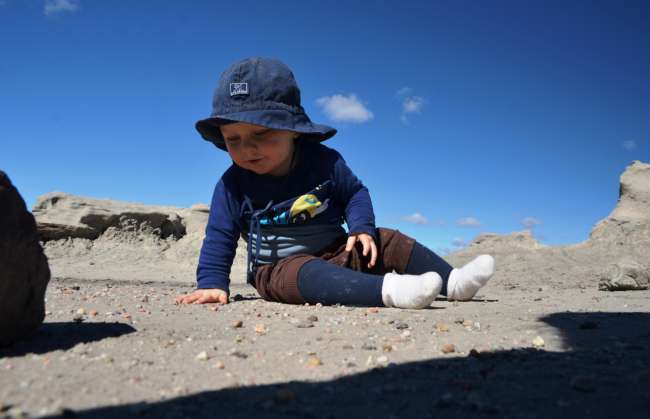
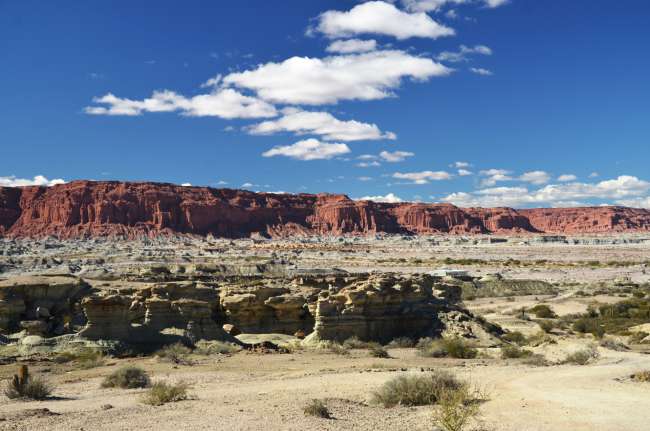
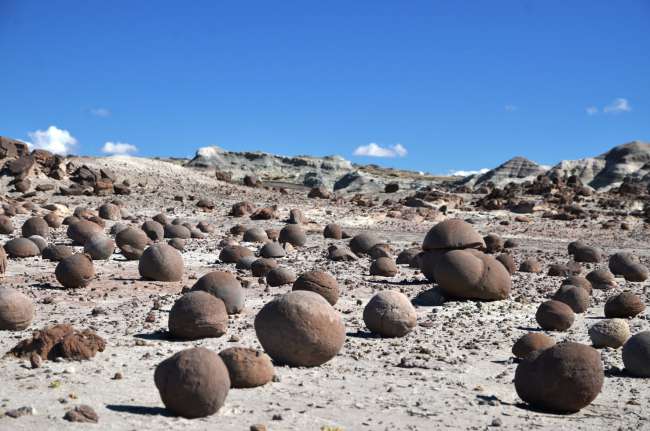
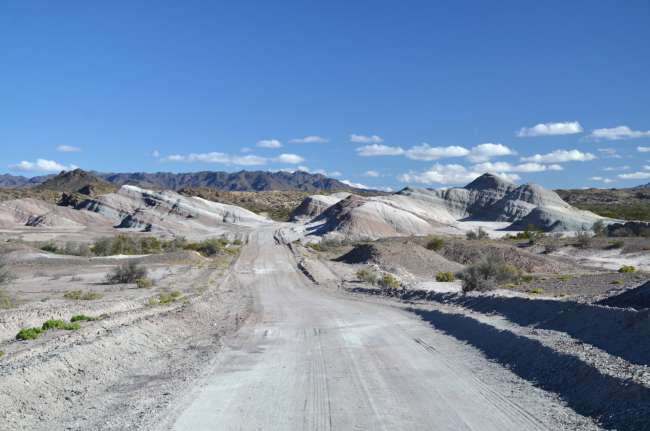
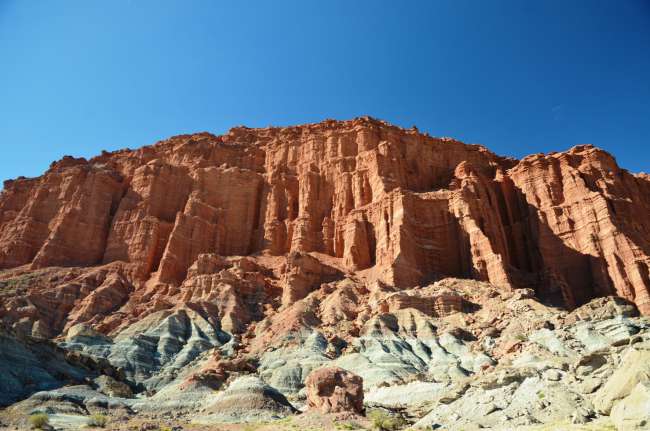
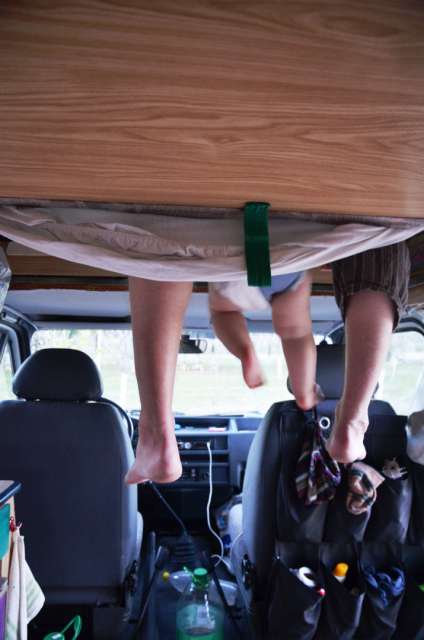
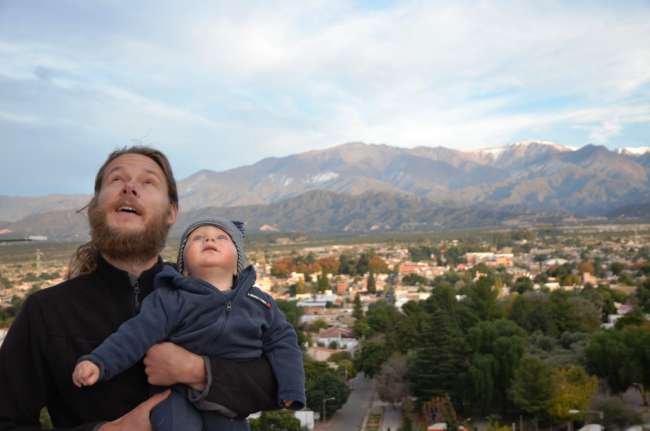
Abbonate à Newsletter
We were warned and prepared, and yet it hit us hard: the police in the border state of Entre Los Rios, known for its corruption, pulled us over during one of the popular road checks. We had been told in Uruguay by fellow countrymen to 'stay firm, negotiate, and not pay anything'. 'They always find something wrong with the vehicle.' In our case, it was the rear luggage rack: according to Argentine traffic laws, nothing can protrude beyond the bumper. So, we had committed a serious offense. And if that wasn't enough, we were also missing the required stickers: speed limit 110 and red warning stripes. For our transgression, an appropriate fine of 8000 Pesos Argentinos (400 euros) was imposed, which could then be reduced by 50% due to our lack of understanding of another law (?) and the generosity of the officers.
We were advised to pay the 4000 Pesos in cash immediately. They could also order a taxi for us to go to the nearest ATM. The car could not be on the road in its current state - too much of a traffic risk. We made the big mistake of telling the officers that we understood them perfectly but we refused to pay even a single Peso. Our arguments: We had thoroughly informed ourselves in Germany and the car had been inspected for roadworthiness in South America by the insurance company and customs, but they didn't accept that. 'Just serve the fine' was what we had in mind. So, we alternated between the car and the police office, cooked something, played with Vincent, or discussed among ourselves the next course of action. After a grueling 3 hours - during which we thought we would really have to pay 200 euros or spend the night in the middle of the highway at the police checkpoint - Dennis removed the luggage rack, and we were allowed to continue our journey with a fine ticket and a payment slip that had to be redeemed within the next 5 days. After another hour, we reached the capital of the province of Santa Fe, where we took a break for the night. The next morning, we decided not to take any further action and ignore the fine ticket. At the campsite, we spoke to travelers from Córdoba, Argentina, who advised us not to argue with the police next time, but to pretend we only speak Spanish. They might let us go earlier and without a fine. Good plan, hopefully there won't be a next time anyway. For the next few weeks, we held our breath at every police checkpoint. But so far, knock on wood, everything has gone well. And we have passed several more police checks. Apart from the obligatory de donde vienen? and adonde van? (where are you from and where are you going?) or maybe even 'llevan frutas?' (do you have any fruit with you), after answering the questions, we were always waved on politely. As an explanation for the last question: it is prohibited to import fruits and vegetables between provinces. Why is a mystery; maybe a job creation measure? In any case, the answer to this question must always be 'no'. Otherwise, we would have to surrender all fruits and vegetables and pay a small fine of about 4 euros.
Next, we drove to the province of Mendoza. Since it was still relatively warm, we wanted to visit our southernmost destination for this trip before autumn/winter really set in. In San Rafael, a cute little town south of the capital, there are countless wineries and nature adventure areas for hiking, rafting, horseback riding, and more. On the first night, we couldn't find a campsite open at this time of year, so we asked at one of the many Pousadas (small room apartments) if we could park on the lawn. The first gentleman we asked immediately let us into the beautiful estate with an English lawn and rustic walls. We thanked him and said we didn't need anything else except maybe the WiFi password. After a short while, he came back again and said we could also use one of the unused apartments to use the toilet if we wanted. Another 10 minutes later, he came back again and said we could even sit on the terrace, he would leave the light on for us. Another 10 minutes later, he handed us the key and said if it gets cold at night, we could even sleep indoors, use the stove, or take a shower. Very, very nice! We took a warm shower the next morning. As a small thank you, we bought the kind gentleman a good bottle of wine from the region. We then continued on the 50 km long mountain circuit around a reservoir. This is where the current background photo for this blog was taken - 'the submarine'. That's what this picture of the lake is called, in the middle of which an impressive rock formation protrudes. The name comes from the fact that in summer, the lake carries so much water that the protruding rocks almost completely disappear. The sight was truly breathtaking. We spent the second night here at an altitude of 1200 m and were able to admire the view at dusk and dawn.
We then continued northwards to the Ischigualasto National Park (Valle de la Luna, Moon Valley) in the province of San Juan, via Mendoza City. The park can only be explored by car, and you have to join a guided tour. The procedure is that all cars line up behind each other at the entrance, and at a certain time, they all start driving in a convoy at about 35 km/h, following the guide over the bumpy terrain. Stops are made at important points, and a short informative lecture follows. This is how we learned about the peculiar rock formations that gave the park its name, mainly due to erosions and the extreme temperature changes that prevail here. In summer, it can get as hot as 45 degrees during the day and well below 0 degrees at night. Luckily, we were here in autumn with pleasant temperatures of 25 degrees. Unfortunately, it got really cold at night for the first time. We suspected temperatures below 0 degrees. But we survived the night well wrapped up. Another thing to mention about the park is that the oldest reptile fossils ever found were discovered here. These fossils are about 230 million years old and come from ancestors of the dinosaurs! Unfortunately, there was only an unspectacular museum with a few replicas.
After this park, we headed to Chilecito. A small village in the province of La Rioja. Here, we got to know the Argentine son-in-law of our potential car buyer Heiner. He is a car mechanic (the son-in-law) and couldn't contain his enthusiasm for the car. On the occasion of Vincent's 8th cumple mes - month's birthday, after a successful inspection of the car, we went to an established Parrilla - an Argentine steakhouse. Since we were in Argentina, Dennis also wanted to try beef steak. For me, there was homemade pasta. It was a Sunday. Shortly after opening at 12 noon, we arrived at the restaurant, which soon filled up with the rest of the village. Young and old greeted each other with kisses, tables were pushed together, and the atmosphere was lively despite the early hour. The service was very attentive, and the food was excellent. Maybe we should become restaurant critics? However, there was one drawback. We had to wait for the bill for a whole hour. During this time, a little magic trick was performed for us. The waiter serving us was summoned to a small lady. He then recited our order from memory, and she quickly wrote everything down on a piece of paper. Including the corresponding price. Then everything was added up in her head at lightning speed. We left the restaurant with a smile. The people at the tables congratulated us on our hermoso bebe (beautiful baby) and took photos. We were used to that by now.Abbonate à Newsletter
Rispondi
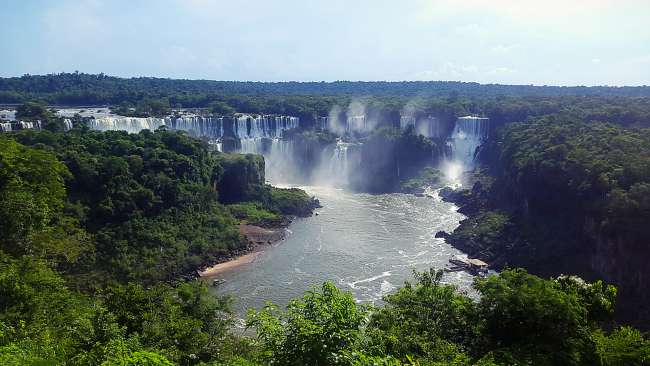
Rapporti di viaghju Argentina

